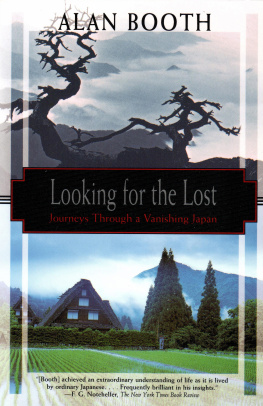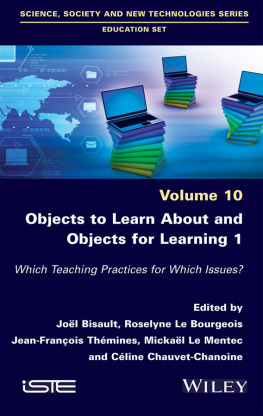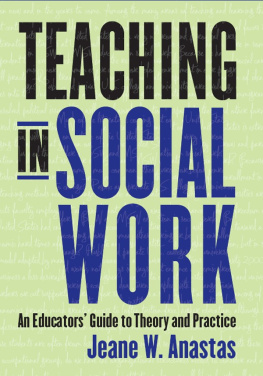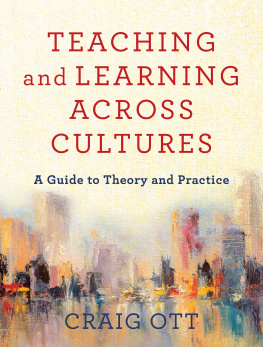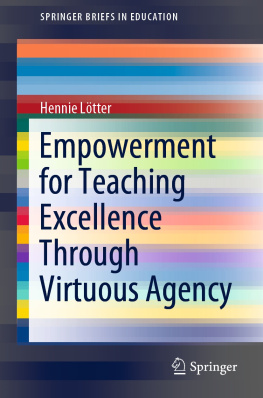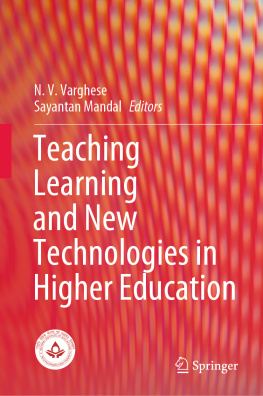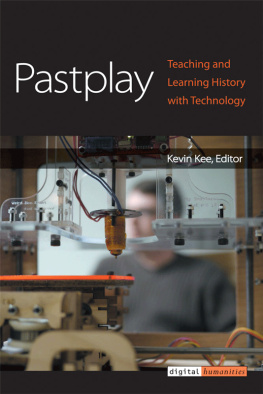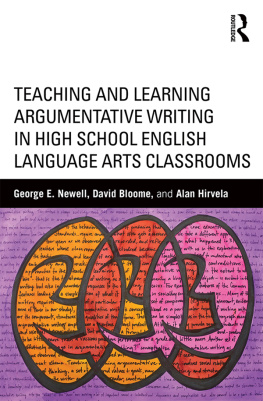TEACHING HISTORY
AT UNIVERSITY
... knowledgeable and thought-provoking... blissfully free of jargon and rebarbative education-speak. Written by a National Teaching Fellow and one of the History community's most innovative and reflective pedagogues, Alan Booth's book sets a new standard for accessible guidance on how history students actually learn.
Eric Evans, Lancaster University
This is a very stimulating book, by an experienced educator in history. The tone is tolerant and encouraging, while working steadily toward better teaching practice and offering, correctly, a central focus on historical understanding as the key goal. Discussions of student perspective, with some great quotes, complement attention to teaching approaches and assessment. I found myself jotting frequent notes about how to do this or that differently when I plan my undergraduate course for next semester.
Peter N. Stearns, George Mason University
Alan Booth's Teaching History at University is without question the definitive work available for university teachers of history. There is no other book like it. Scholars of historical pedagogy will begin and could even end with Booth.
Peter Frederick, Wabash College
Teaching history is a substantive, intellectual task. As a form of scholarship it is as complex, challenging and creative as historical research, and it is vital to the future of the discipline.
Teaching History at University examines how high-quality history teaching and learning can be achieved in today's universities worldwide. Alan Booth draws on a wide range of international research as well as the reflections and experiences of university historians, linking theory and practice. He provides a wealth of practical ideas and strategies for the classroom. The key to improvement, he argues, lies in understanding students and in reflection on teachers own educational beliefs, values and assumptions.
This is an essential resource for university teachers and all those who are responsible for ensuring the quality of teaching and learning policies and practices within their institutions.
Alan Booth is Reader in History at the University of Nottingham and Co-Director for History in the Learning and Teaching Support Network (LTSN) Subject Centre for History, Classics and Archaeology. His previous publications include The Practice of University History Teaching (Manchester University Press, 2000), co-edited with P. Hyland.
TEACHING HISTORY
AT UNIVERSITY
Enhancing learning and understanding
Alan Booth

First published 2003
by Routledge
11 New Fetter Lane, London EC4P 4EE
Simultaneously published in the USA and Canada
by Routledge
29 West 35th Street, New York, NY 10001
Routledge is an imprint of the Taylor & Francis Group
2003 Alan Booth
Typeset in Bembo by
Rosemount Typing Services, Barjarg Tower, Auldgirth
Printed and bound in Great Britain by
Biddles Ltd, Guildford and King's Lynn
All rights reserved. No part of this book may be reprinted or reproduced or utilised in
any form or by any electronic, mechanical, or other means, now known or hereafter
invented, including photocopying and recording, or in any information storage or
retrieval system, without permission in writing from the publishers.
British Library Cataloguing in Publication Data
A catalogue record for this book is available
from the British Library
Library of Congress Cataloging in Publication Data
Booth, Alan, 1946
Teaching history at university : enhancing learning and
understanding / Alan Booth.
p. cm.
Includes bibliographical references and index.
1. HistoryStudy and teaching (Higher) 2. HistoryMethodology. I.
Title.
D16.2.B66 2003
907 .11dc21
2003002186
ISBN 0415305365 hbk
ISBN 0-415305373 pbk
CONTENTS
ACKNOWLEDGEMENTS
This book has benefited greatly from the experiences and ideas of students and colleagues at the University of Nottingham, and those of historians at departmental and national seminars and conferences held throughout the United Kingdom under the auspices of History 2000 and the LTSN Subject Centre for History, Classics and Archaeology. Colleagues involved in the Subject Centre also helped me to think more systematically about the most effective ways of enhancing teaching and learning in a disciplinary context. Particular thanks are due to Paul Hyland, Peter Frederick and Richard Blackwell, whose insightful comments on various drafts were invaluable in helping me to clarify my ideas and structure the text more effectively. Their generosity and enthusiasm for this project have been greatly appreciated. Finally, Jeanne Booth was involved at all stages of the research and writing; listening patiently to my attempts to make sense of a vast array of material, and providing encouragement and support at times when writing seemed more a test of endurance than a labour of love.
1
INTRODUCTION
Active research and fresh historical insight are necessary to keep a history school and its teaching alive; but equally necessary is the realisation that the teaching of history is as honourable, as useful, as arduous, a task as historical research and the writing of history books.
(Kitson-Clark 1973)
For most historians in higher education, teaching is an activity to which they devote the greater part of their time and energies on a day-to-day basis. It is a task undertaken not merely out of contractual obligation; it also provides the opportunity to share a love of the subject and to see students develop as historians, learners and individuals. In a survey of over a thousand historians conducted by the Organization of American Historians in 1993, a significant number reported that interaction with students constituted a particular satisfaction. For many, the desire to teach had been an important factor in drawing them into the profession, and the joy in seeing young people come alive to history and watching students grow and mature was a principal source of personal reward (Thelen 1994: 945). Teaching offered the opportunity to help others to connect more deeply to their past and to themselves and develop both subject and life skills. As one historian put it: I hope that through my teaching I can open young people's eyes about our nation's past and encourage them always to ask, Why is X the way it is? How did X get to be so? If I can do that, I've helped train a generation of inquisitive, curious minds which will be able to pursue achievement in a variety of fields (Shrock and Shrock 1994: 1098). Similarly, responses to an annual survey of university history departments in the United Kingdom since 1994, conducted by themagazine History Today, testify to the strength of historians professional and personal commitment to high-quality teaching and learning (see, for example, Fitzgerald and Hingley 1996; Barker 1997). As one historian comments, reflecting the views of colleagues in all types of institution: Despite the RAE [Research Assessment Exercise] and our research mission, the bulk of our resources continue to be derived from and directed towards the provision of high-quality teaching (Bates 1999: 56).
As the above quotation indicates, such surveys of professional opinion also reveal frustration at the distorting effects of recent trends within higher education. Thus one historian remarks that the academic reward system encourages historians to write for academic audiences, especially other historians, and discourages them from reaching out to multiple audiences. It also discourages them from trying to be good, effective teachers. They don't get rewarded to do this (Thelen 1994: 939). Most criticism, however, is reserved for the subjection of history programmes to an accounting mentality in which everything is regarded as measurable and comparable, an approach widely linked in the minds of historians with a managerialism that runs counter to traditional academic values of autonomy, integrity and collegiality (see Ramsden 1998; Adams 2000; Newton 2000). The growth of student numbers on a dwindling unit of resource creates further resentment, not least because it threatens to erode the relationship between teachers and students considered integral to high-quality learning and teaching in the subject (Fitzgerald and Hingley 1996; Evans 2003). Thus W. Thompson (2000: 74) detects a trend throughout the Western world



